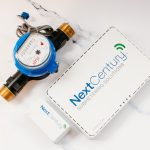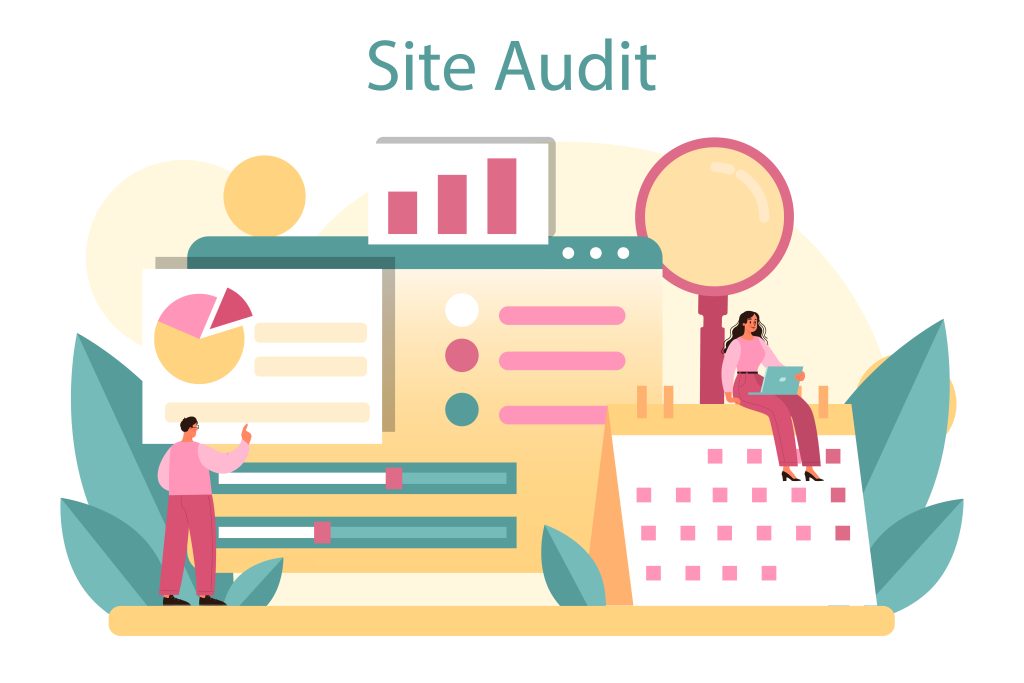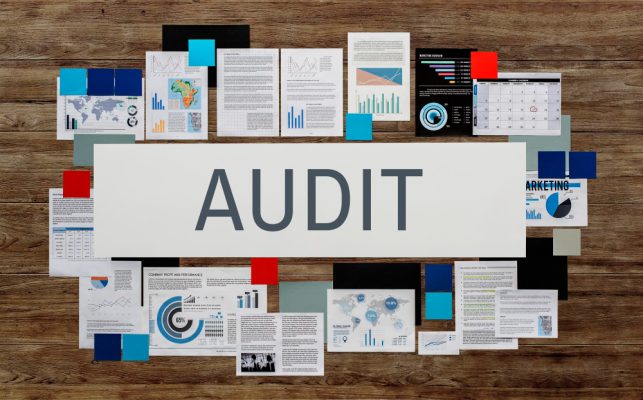
Troubleshooting Common Submetering Issues: A Guide for Property Managers
June 9, 2025
Success Story: How One Property Manager Cut Utility Costs by 30% with Submetering
June 27, 2025Why HOAs Should Conduct Utility Audits Regularly
For many homeowners associations (HOAs), managing operational costs while maintaining community satisfaction is a constant balancing act. Among the largest recurring expenses for HOAs are utility costs—water, electricity, gas, and waste services—which often make up a significant portion of the association's annual budget. Yet, many associations overlook one critical tool that can help control these expenses: regular utility audits.
In this blog post, we’ll explore why conducting regular utility audits is a smart, proactive practice that every HOA board should consider.
What Is a Utility Audit?
A utility audit is a thorough review of a community’s utility bills, service contracts, and infrastructure. The goal is to verify billing accuracy, identify inefficiencies, uncover possible leaks or waste, and ensure the community is being charged correctly according to its actual usage and contract terms.
Utility audits can be performed internally, by management companies, or by third-party specialists who are trained to spot errors and inefficiencies that may go unnoticed by even the most diligent board members.
The Benefits of Regular Utility Audits
1. Catch Billing Errors Early
Utility providers occasionally make billing mistakes, whether due to clerical errors, misread meters, or incorrect rate classifications. Over time, these small errors can result in significant overcharges. Regular audits allow HOAs to identify and correct these issues promptly, potentially recovering overpaid funds and ensuring future bills are accurate.
2. Identify Water Leaks and Waste
Water leaks, faulty irrigation systems, and aging infrastructure can lead to substantial water loss and inflated bills. Audits often uncover these hidden issues, allowing for timely repairs that prevent costly long-term damage and reduce unnecessary water usage.
3. Optimize Energy Efficiency
Electricity and gas usage can often be optimized through equipment upgrades, better maintenance practices, or renegotiating supply contracts. A utility audit may reveal opportunities to improve lighting efficiency, HVAC performance, or other building systems that can lower overall consumption.
4. Ensure Contract Compliance
HOAs often enter into long-term contracts for waste removal, electricity supply, or water services. Regular audits can confirm that the terms of these contracts are being honored and that the HOA is receiving all negotiated benefits, including any volume discounts or service guarantees.
5. Strengthen Budget Planning
Accurate utility data allows boards to forecast more precisely and build realistic budgets. Knowing the true cost of utilities helps avoid unexpected budget shortfalls and reduces the need for special assessments or dues increases.
6. Promote Transparency and Accountability
Routine audits demonstrate to homeowners that the board is taking responsible steps to manage the association’s finances wisely. Transparency in financial management helps build trust among residents and supports long-term community stability.


How Often Should HOAs Conduct Utility Audits?
While there’s no one-size-fits-all answer, many experts recommend conducting a comprehensive utility audit at least once every 1–3 years, depending on the size of the property and the complexity of the utility systems. Large or older communities with aging infrastructure may benefit from more frequent reviews.
Partnering with Professionals
While internal reviews are helpful, professional utility auditors bring specialized expertise, advanced tools, and industry knowledge to the process. Partnering with an experienced auditing firm ensures a thorough and unbiased review, often at no upfront cost, with fees tied to the actual savings found.
Utility costs are a significant and often fluctuating expense for HOAs. Regular utility audits empower boards to take control of these costs, safeguard the association’s financial health, and demonstrate responsible stewardship to residents. By identifying billing errors, waste, and inefficiencies, audits can deliver both immediate savings and long-term benefits to the community.




